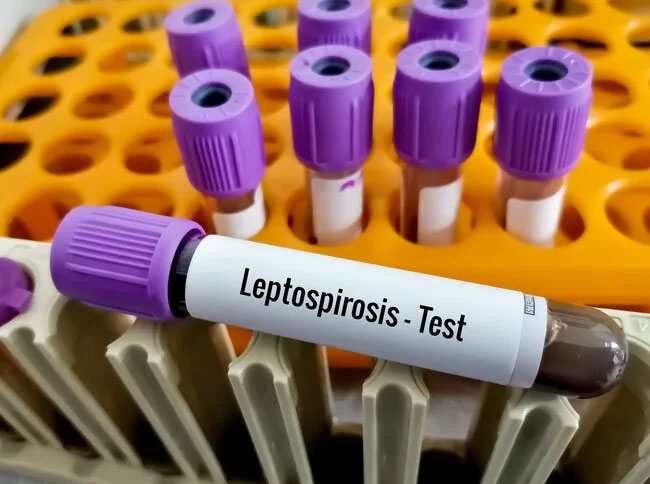June 12, Colombo (LNW): Sri Lanka’s health officials have raised alarms over a growing number of leptospirosis infections, commonly referred to as “rat fever”, which have been steadily increasing with the onset of the monsoon rains.
The bacterial illness, which thrives in waterlogged environments and flood-prone zones, is drawing renewed concern from both the medical community and public health authorities.
Speaking at a recent media briefing hosted by the Health Promotion Bureau, senior epidemiologist Dr Thushani Dabarera explained that the majority of reported infections are concentrated in the districts of Ratnapura, Kurunegala, Kegalle, Gampaha, and Kalutara—areas that have experienced a combination of heavy rainfall and high levels of agricultural activity.
According to Dr Dabarera, the disease is spread through a bacterium that is most commonly found in the urine of rodents, especially rats, and is transmitted when contaminated water or soil comes into contact with human skin, often through cuts or abrasions.
She noted that populations most at risk include paddy field workers, individuals involved in gem mining in certain districts, and agricultural labourers in flood-affected or swampy areas. The cultivation of ‘Keerakotu’, a common leafy vegetable grown in wet fields, has also been identified as a possible source of exposure. Dr Dabarera urged these communities to take preventative measures, including the use of protective footwear and gloves, and to avoid wading through stagnant water whenever possible.
Health professionals also issued a broader warning about the seasonal spike in viral fevers among children. Consultant paediatrician Dr Kosala Karunaratne of Lady Ridgeway Hospital in Colombo explained that the monsoon period often sees a proliferation of so-called “sour fevers”—a colloquial term used to describe a cluster of illnesses that tend to peak during this time of year. Among these are dengue, influenza, Chikungunya, and diarrhoea-related fevers, in addition to leptospirosis.
Dr Karunaratne advised parents to be especially vigilant if their children exhibit symptoms such as persistent high fever, vomiting, abdominal pain, or difficulty urinating. He stressed the importance of seeking prompt medical attention rather than waiting for symptoms to subside on their own, as delays in treatment could lead to serious complications, particularly with illnesses like dengue or rat fever which can escalate quickly.

